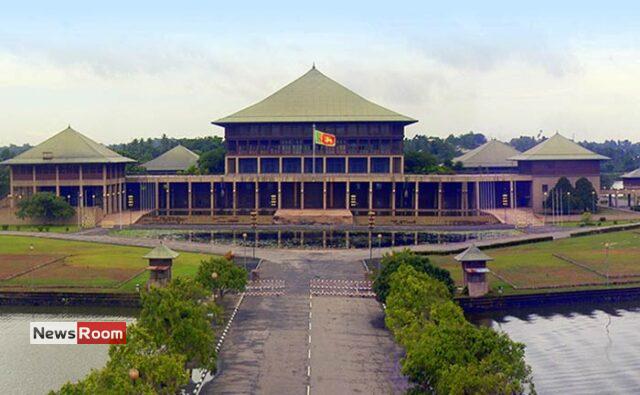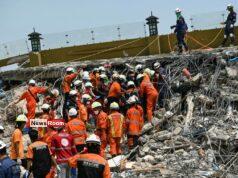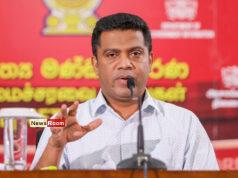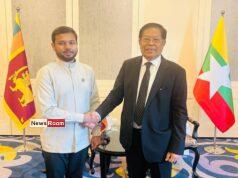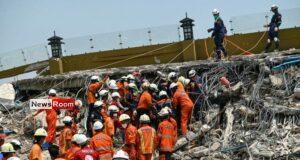Japan has funded a project to strengthen Sri Lanka’s commitment to tackling GBV (gender-based violence) and ensuring that survivors were not left without access to critical services.
As part of this project, six more Emergency Waiting Areas (EWAs) will be established in the coming weeks in Dharmapuram (Kilinochchi district), Murunkan (Mannar district), Uppuveli (Trincomalee district), Opanayake (Ratnapura district), Walapane (Nuwara Eliya district), and Modera (Colombo district).
Recently, Japanese ambassador in Colombo Akio Isomata and UNFPA Sri Lanka Representative Kunle Adeniyi, handed over the newly constructed Japan-funded EWA at the Kalutara South Police Station. The Japanese embassy said that this initiative was meant to ensure that survivors received the protection, dignity, and support they deserve when seeking assistance from law enforcement authorities.
The embassy said that there was a growing network of operational EWAs across Sri Lanka, including Jaffna, Mirihana, Pudukuduirippu, Nuwara Eliya, Mundalam, Batticaloa, and Kandy, where over 4000 women and children received support last year. These safe spaces serve as temporary resting areas, providing survivors of GBV with protection, psychosocial support, medical referrals, legal aid, and a survivor-centered approach to justice, the embassy said.
The establishment of the Kalutara South EWA was made possible with the generous funding of USD 34,000, from the People of Japan, and the construction was supported by World Vision Lanka.
Ambassador Isomata reaffirmed Japan’s continued dedication to supporting women and children in Sri Lanka and emphasized the role of safe spaces in ensuring a future free from violence. “Japan has been promoting the protection of women and children in Sri Lanka since Sri Lanka became a partner country for Japan in 2018 in promoting the Women, Peace and Security agenda. This project also includes training for police officers handling victims, especially female officers, so that victims would feel safer in seeking refuge and counseling. I hope this project will be expanded by Sri Lanka’s Ministry of Public Security and Police in order to strengthen the mechanism to protect women and children in vulnerable situations. It is also essential for Sri Lanka to ensure the legal measures against the violence and support for the self-reliance of women and children who seek refuge.”
Speaking at the ceremony, UNFPA Sri Lanka Representative, Kunle Adeniyi, underscored the significance of survivor-centered approaches in addressing GBV. “For a survivor, the decision to seek help is often fraught with fear: fear of judgment, disbelief, or retaliation. When they walk into a police station, they should not only find protection but also compassion and care. A survivor’s first interaction with law enforcement can shape their entire journey toward healing and justice. If they are met with understanding, respect, and support, they are more likely to pursue the help they need.”

